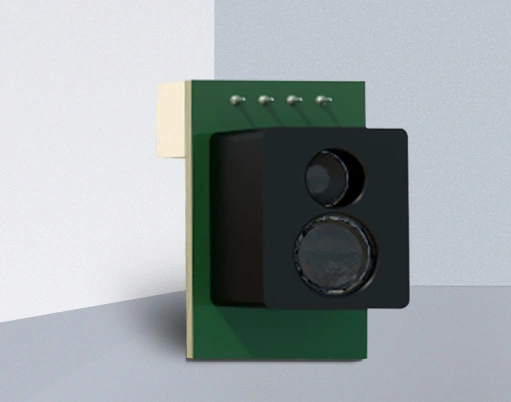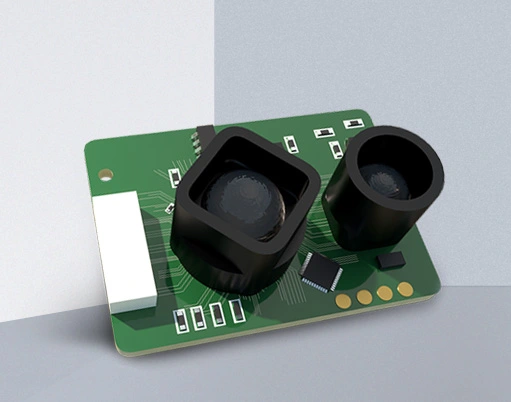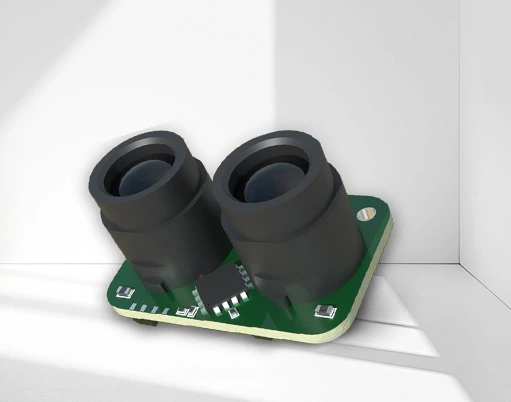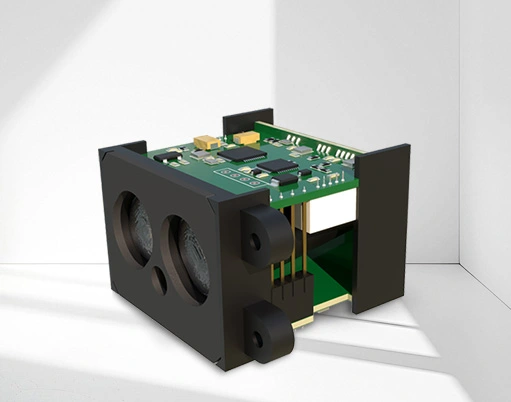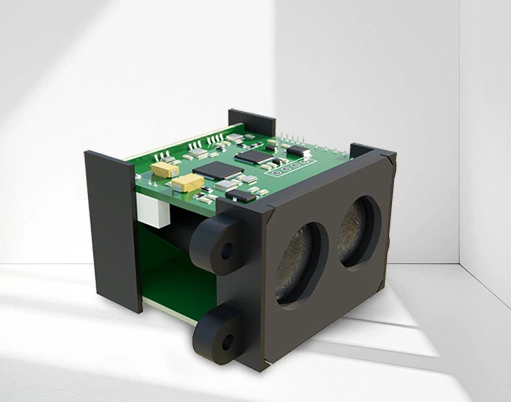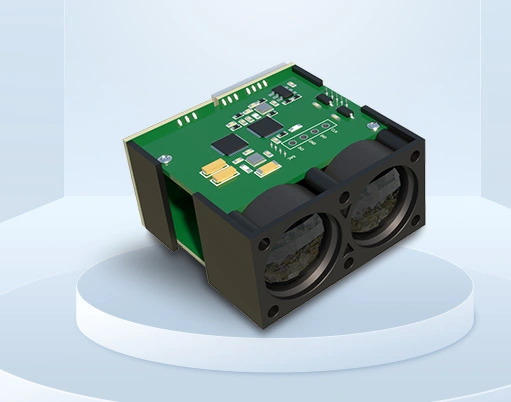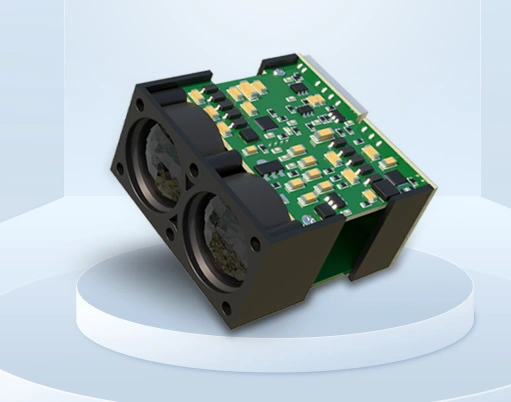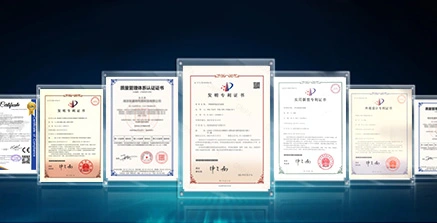
The advantages and disadvantages of using sensors are as follows:
advantage:
Improve measurement accuracy and efficiency: It can capture small physical changes (such as nanometer level displacement) with accuracy far exceeding manual labor, and has a fast response speed (microsecond level), enabling real-time monitoring. For example, industrial sensors ensure precision manufacturing, and car collision sensors trigger safety airbags in milliseconds. Adapting to complex environments: Special sensors can work in extreme environments such as high temperature, high pressure, and radiation, replacing tasks that cannot be completed manually, such as deep-sea exploration or nuclear reactor monitoring. Promoting automation and intelligence: As the "perception organ" of devices, providing environmental data to support intelligent decision-making, such as smart home sensors automatically adjusting equipment, and agricultural sensors assisting in precise irrigation. Quantification and traceability of data: outputting digital signals for easy storage and analysis, optimizing strategies through big data, such as medical sensors recording physiological data to assist diagnosis.
Disadvantages:
Susceptible to environmental interference: Temperature, electromagnetic and other factors may cause errors, such as humidity affecting the accuracy of capacitive sensors and electromagnetic interference distorting pressure sensor signals. Large cost difference: High precision sensors (such as laser displacement sensors) are expensive, limiting the application of low-cost equipment; Although ordinary sensors are cheap, their performance is limited. There are usage limitations: there is a specific scope of application, such as ultrasonic sensors having blind spots for complex shaped objects, and infrared sensors being difficult to detect transparent objects. Regular maintenance is required: After long-term use, the performance is prone to drift and requires frequent calibration. For example, industrial weighing sensors require monthly calibration, which increases maintenance costs.
In summary, sensors are the core tools of intelligence, but their limitations need to be compensated for through technological improvements and reasonable selection to adapt to different scene requirements.

